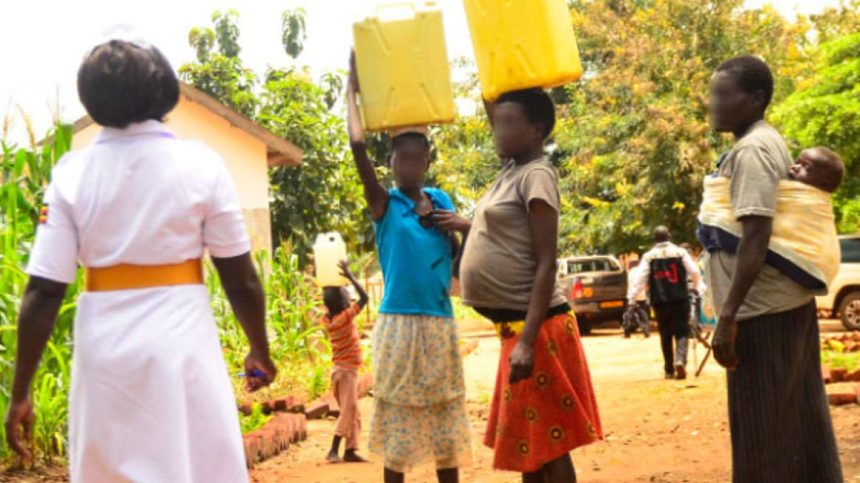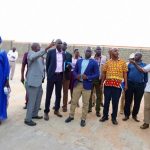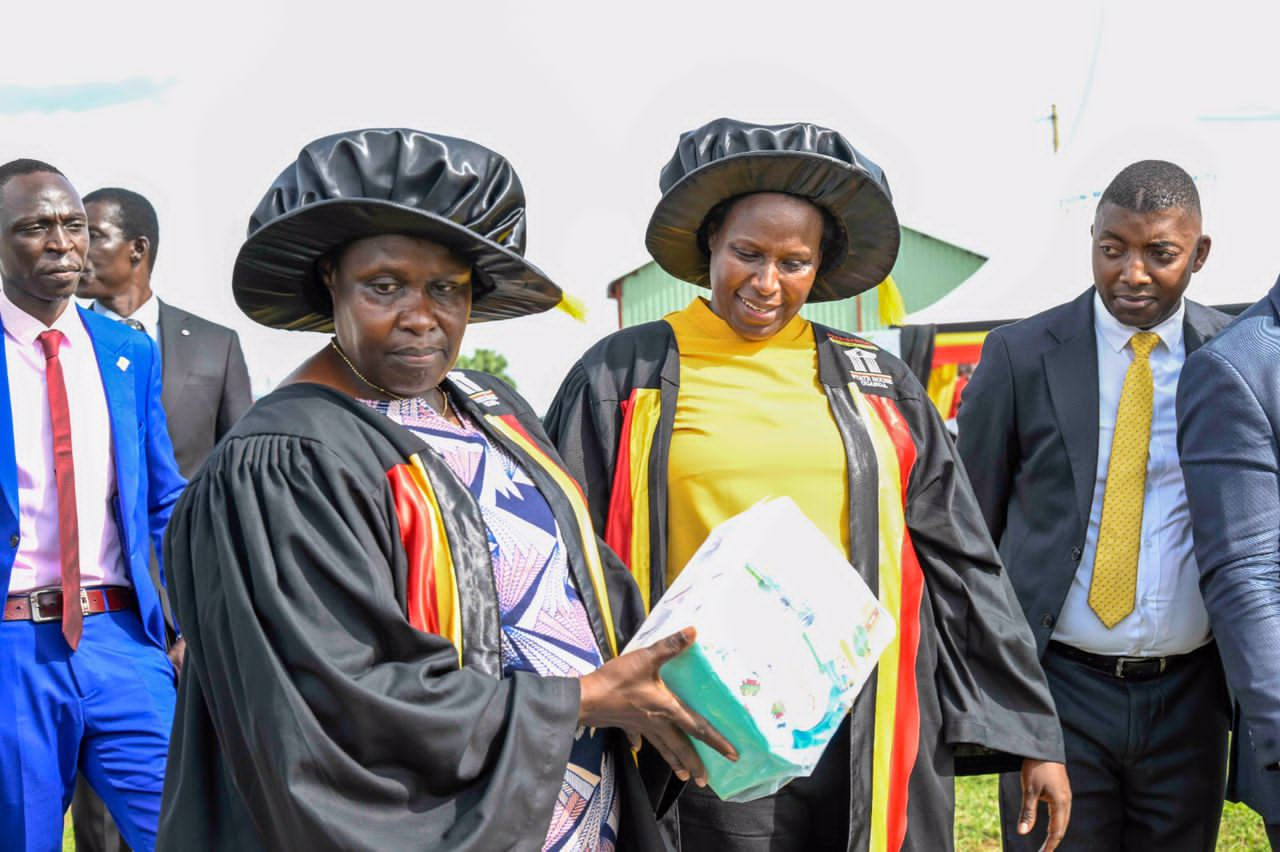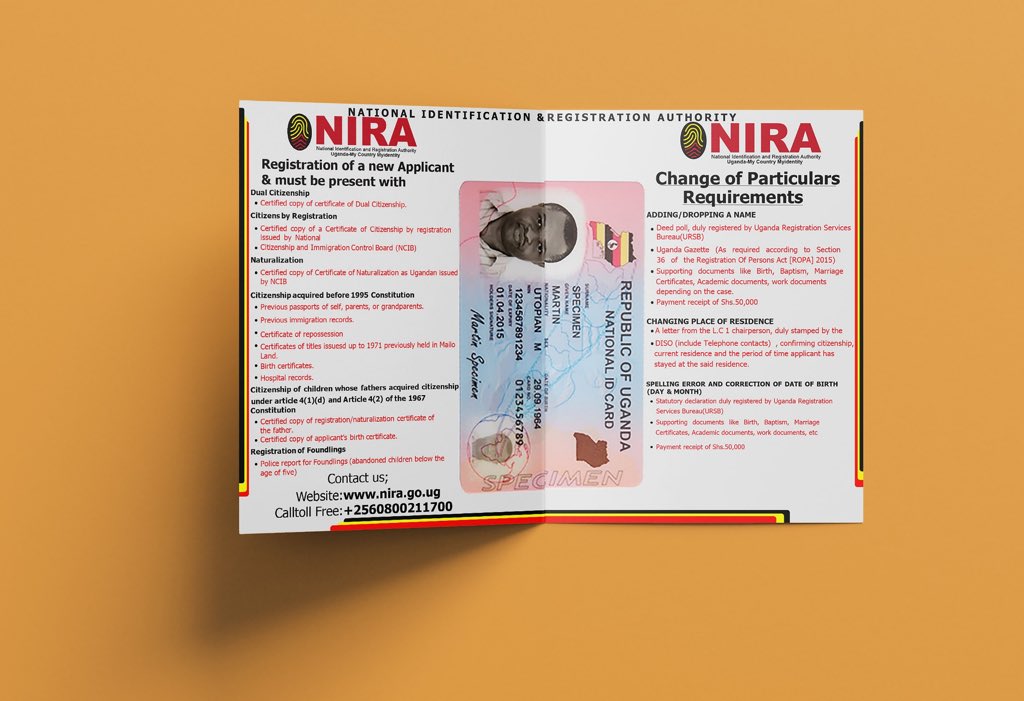Stakeholders from various sectors including Civil Society Organizations (CSOs), politicians, and the medical fraternity have criticized religious leaders for obstructing efforts aimed at reducing rampant teenage pregnancies in Uganda. This critique emerged prominently during the Kigezi Regional Dialogue on Sexual Reproductive Health Rights, hosted by the Non-Governmental Organization Local Sustainable Communities (LOSCO) at White Horse Inn, Kabale.
Kabale District Health Officer Dr. Gilbert Mateeka highlighted that Uganda’s national teenage pregnancy rate has remained stubbornly high, fluctuating between 23% and 24% over the past 3-4 years. In Kabale District alone, approximately 1,300 teenage pregnancies are recorded annually. Dr. Mateeka underscored the dire consequences faced by teenage mothers, including school dropouts, maternal deaths, and complications from unsafe abortions.
Florence Tumuheirwe, Executive Director of Kigezi Women in Development (KWID), raised concerns about the intimidation faced by human rights activists, including threats from religious leaders, for advocating comprehensive sexuality education and family planning methods.
Albert Taremwa, Executive Director of LOSCO, expressed disappointment over Deputy Speaker of Parliament Thomas Tayebwa’s opposition to government policies supporting contraceptive use among sexually active teenagers. He criticized the reluctance of politicians to endorse family planning and sex education, attributing it to fear of opposition from religious leaders.
Sam Arinaitwe, LC3 Chairperson of Central Division in Kabale Municipality, echoed concerns about political reluctance to support reproductive health measures due to pressure from religious figures who oppose such initiatives.
Dr. Godfrey Bampabwiire, In-Charge of Muko Health Centre IV in Rubanda District, shared alarming statistics, recounting performing caesarean sections on girls as young as those who hadn’t yet reached their first menstrual cycle. He emphasized that teenage pregnancies pose severe threats not only culturally or morally but also as life-threatening issues for affected teenagers.
SP Ronald Mutungi, Kigezi Regional Police Legal and Human Rights Officer, encouraged CSOs to persevere in promoting measures against teenage pregnancies despite resistance from religious and cultural leaders. He drew parallels with his successful efforts in combating Female Genital Mutilation (FGM) in the Sipi Region before his assignment to Kigezi.
However, opinions on contraceptive use among teenagers remained divided. Kabale District Assistant RDC Martin Niwataho opposed contraceptive use in young girls, citing potential future health risks such as infertility. He supported condom use as a safer alternative.
Drake Mutahakana, Secretary for Education of the Diocese of Kigezi, and Sheikh Abdul Hasib Sekalema, Head of Sharia at Kabale Muslim District Council, staunchly opposed endorsing condoms or contraceptives for teenagers, arguing that promoting such measures could encourage immorality. They advocated for prioritizing abstinence from premarital sex as the primary method to reduce teenage pregnancies.




















